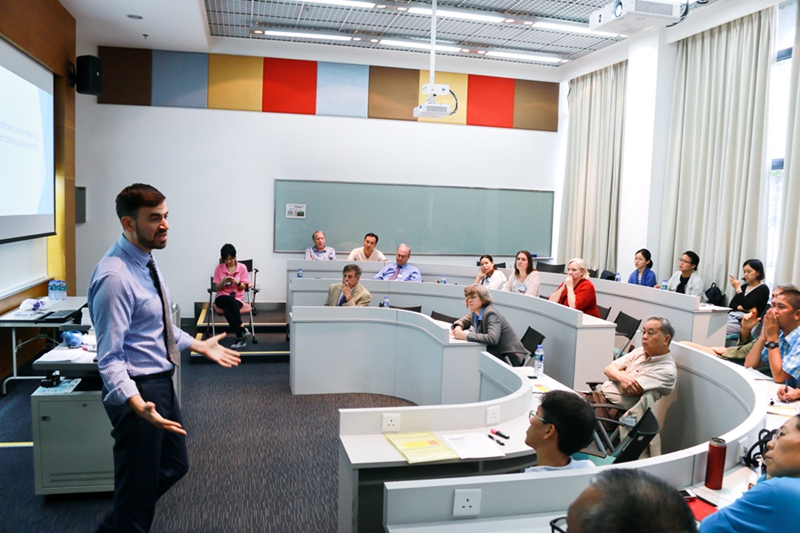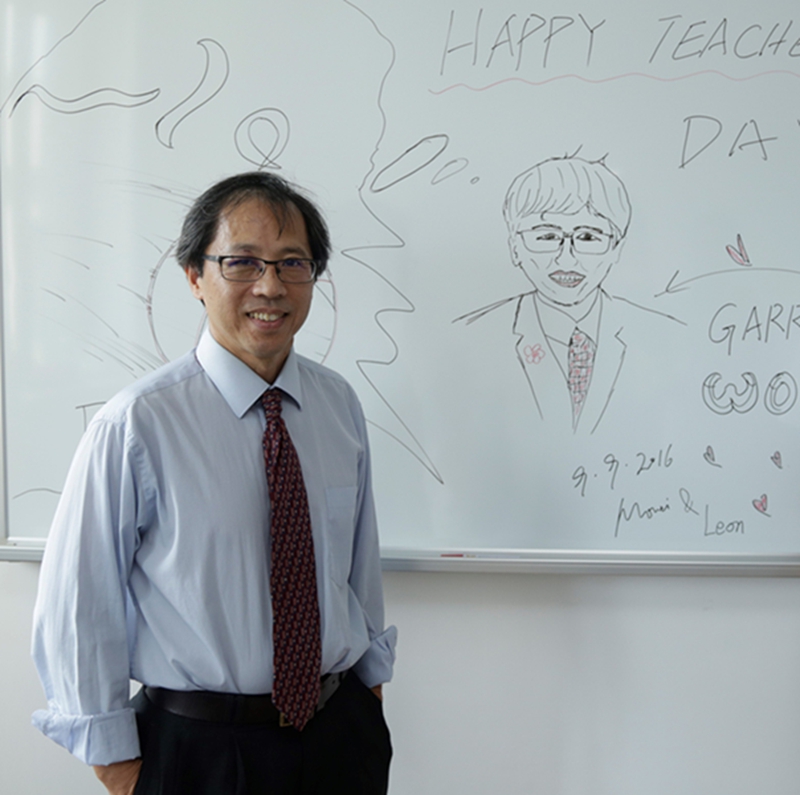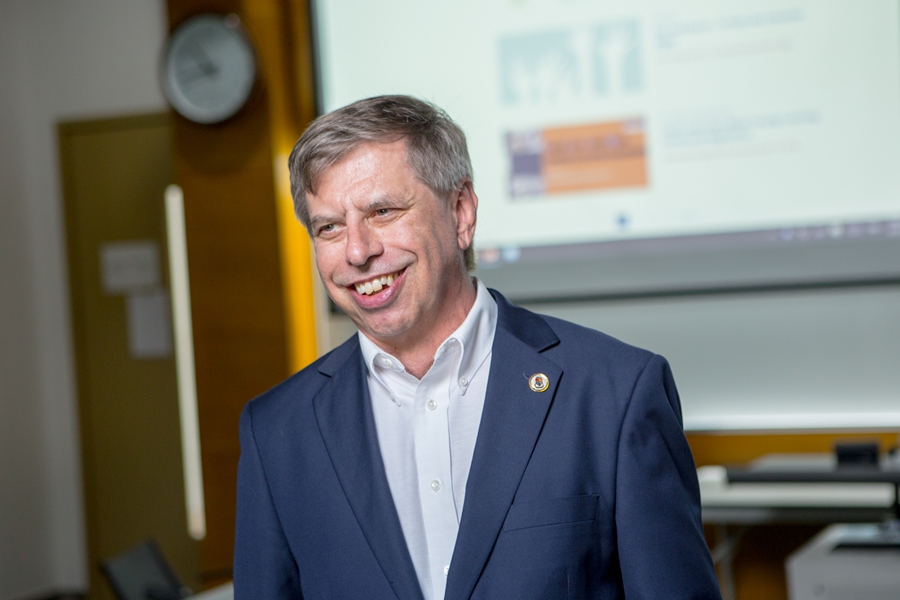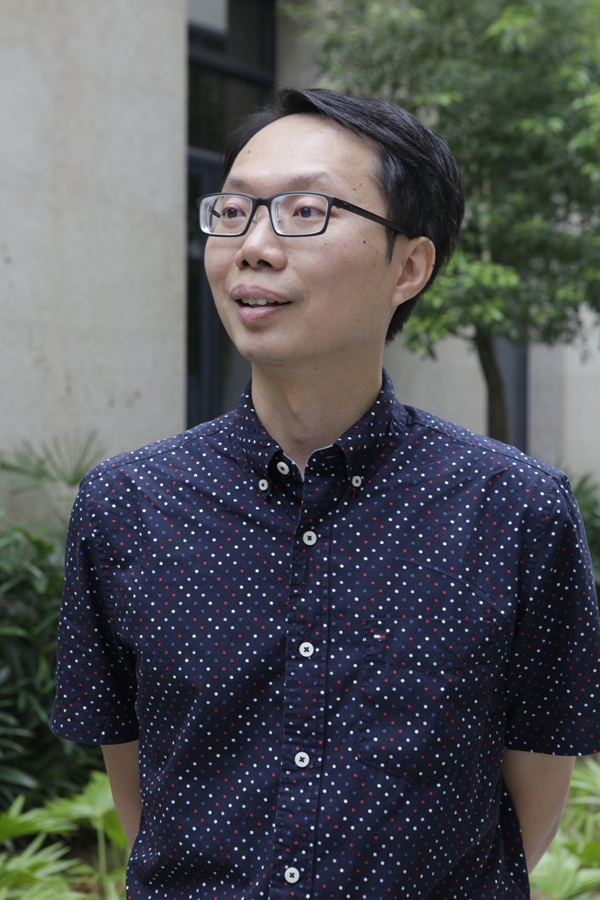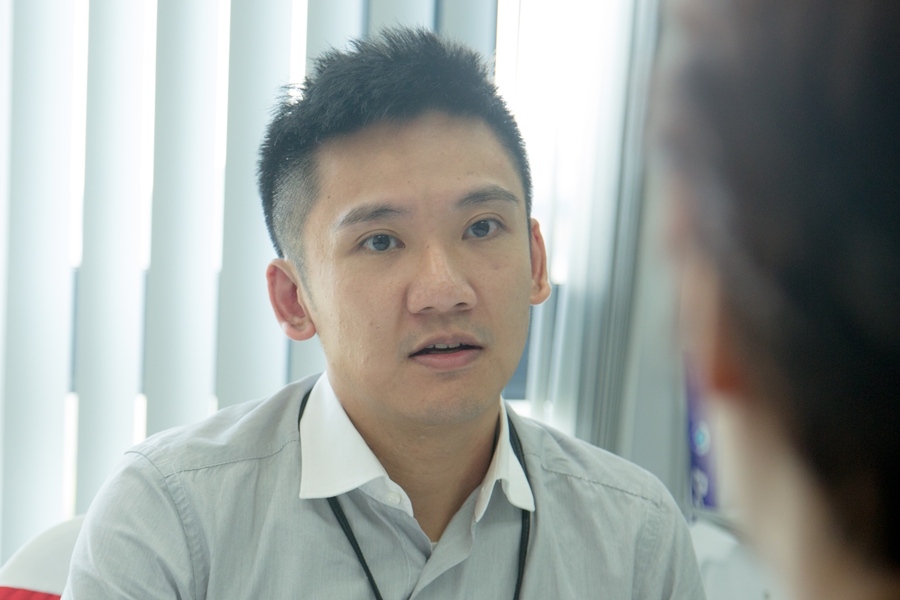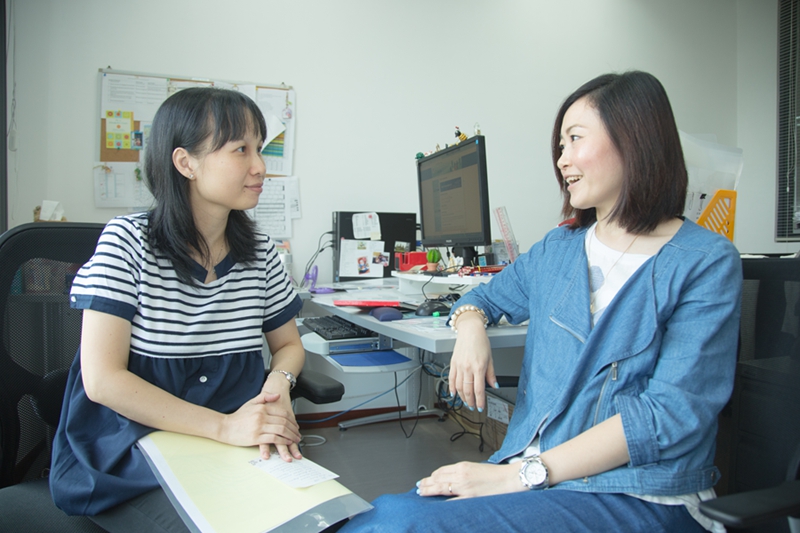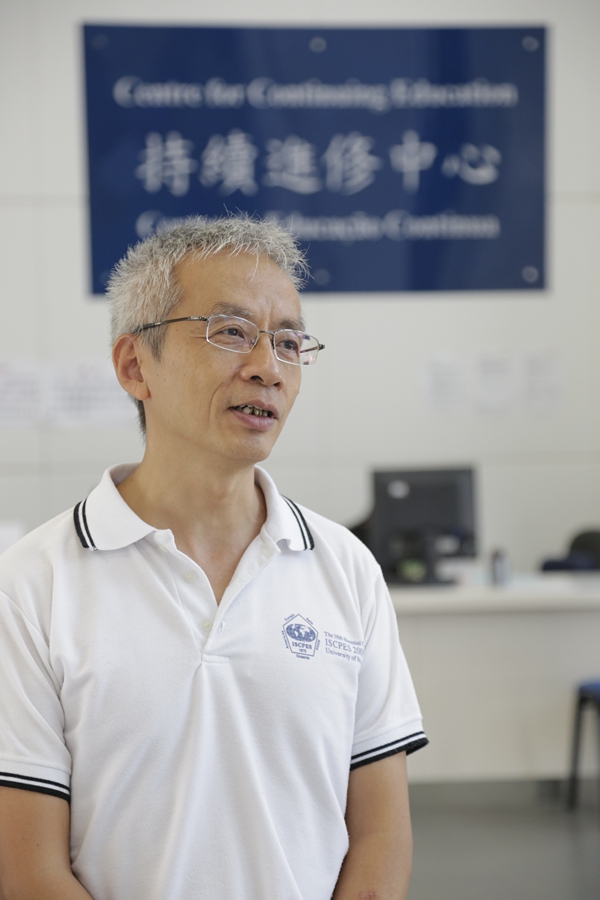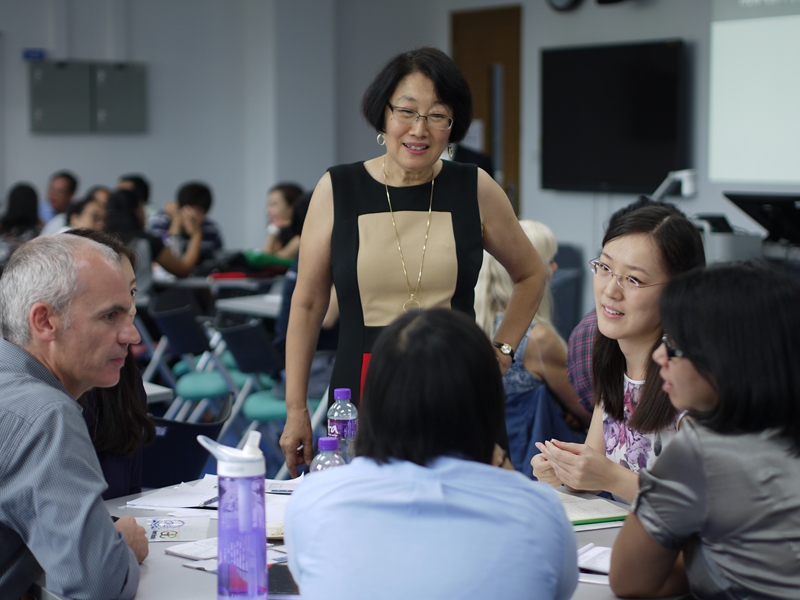Source: My UM
How important is continuing education and lifelong learning? Bill Gates once said something to the effect that one can leave school but one cannot stop learning. The futurist Alvin Toffler once said, ‘The illiterate of the 21st century will not be those who cannot read and write, but those who cannot learn, unlearn, and relearn.’ These famous quotes aptly capture the importance of continuing education.
Many faculty members and administrative staff at UM also believe that one is never too old to learn. They take part in the various training courses and workshops organised by the university’s Centre for Teaching and Learning Enhancement (CTLE), Human Resources Office, and Centre for Continuing Education, in order to constantly upgrade their professional knowledge and skills.
‘I want to become a better teacher.’
Prof Garry Wong from the Faculty of Health Sciences joined UM in 2014. Previously, he worked in Finland as a teacher and researcher for over 20 years. His innovative teaching methods are very popular with the students. With many years of teaching experience under his belt, Prof Wong still actively participates in the workshops organised by the CTLE. When asked why, he says, ‘Because I want to become a better teacher and achieve better outcomes in my teaching.’
In the past two academic years, he attended six to seven workshops per semester on teaching and learning enhancement organised by the CTLE. He doesn’t treat these workshops as training courses; he thinks of them as get-togethers among faculty members. ‘The workshops provide a chance for faculty members to meet regularly,’ he says. ‘We can share teaching experience and stories of success and failure, and we can inspire each other to improve teaching methods. This kind of sharing is very helpful for our teaching.’
Using New Technologies to Enhance Teaching Quality
In the past two academic years, the CTLE has organised more than 60 seminars, workshops, and conferences on teaching and learning enhancement, led by invited instructors from UM and other universities in Asia, the United States, and other parts of the world. The CTLE routinely invites teachers from the various faculties to share their experience with Moodle, Mahara, Turnitin, and Poll Everywhere, common teaching and learning technologies used at UM. ‘Our workshops have an attendance rate equal to or above that of comparable institutions in Asia and the West,’ says CTLE Director Spencer Benson. ‘Most of the faculty members who have participated in the workshops indicated that the workshops have helped them improve their teaching pedagogies.’
The CTLE and Prof Benson are encouraged by the positive feedback from the faculty members, but he also admits that the centre is faced with challenges. ‘Our faculty members are very busy , so finding a time for the workshops that works for everyone and getting academic staff to attend is the one of the greatest challenges for us,’ he says.
Continuous Learning to Keep Pace with Changing Society
The faculty members and administrative staff at UM are committed to pursuing continuing education during their spare time to improve their professional knowledge and skills. Andrew Liu joined the Faculty of Health Sciences in 2014 as the faculty secretary, mainly responsible for the administrative affairs of the faculty’s general office and laboratories. Liu received his bachelor’s and master’s degrees in biochemistry from McGill University in Canada. After he joined UM three years ago, he participated in the Talent Nurture Programme organized by the Human Resources Office. He says the programme, which lasted one year and a half, helped him learn new knowledge about administration and inspired him to tackle problems from different angles. ‘Times are changing, and we can’t stay stagnant in our thinking. Only through constantly learning can we keep pace with the changing society,’ he says.
Having worked at three universities in Canada and Hong Kong, Liu thinks UM devotes more resources to staff training than many other universities. ‘UM organises training courses almost every week,’ he says. ‘The universities where I used to work only organise training courses for faculty members to help enhance their quality of teaching; they rarely organise training courses for administrative staff. In contrast, UM organises different kinds of training courses for administrative staff. I’ve participated in over a dozen such courses, and I find them very helpful for my professional development.’
Improving Professional Skills to Better Serve the University
Calvin Vong, head of the Human Resources Services Section, joined UM in 2005. Because of his outstanding performance, he has been successively promoted to administrative assistant, functional head, and section head. Over the years, Vong has participated in various training courses in managerial skills, law, and languages. While a functional head of his team, he participated in the first Talent Nurture Programme. ‘These training courses provided excellent opportunities for me to learn various skills, so that when opportunities for new positions arose, I was ready to take up the new responsibilities. As a member of the university community, I feel I should make full use of the resources provided by the university , and I hope that by constantly improving my professional skills, I will be able to better serve the university ,’ he says.
Courses in Strategic Thinking Most Popular among Colleagues
The Human Resources Office organises an average ‘Our training courses are taught by excellent instructors. For example, the language courses we organise for new staff are taught by faculty members we invite from the Department of Chinese Language and Literature and the Department of English,’ says Irene Cheong, acting head of the Human Resources Development Section. ‘We organise these courses almost every year. Few organisations devote so many resources to staff training like UM does. I hope our colleagues take advantage of these opportunities to improve themselves.’
The Centre for Continuing Education (CCE) also organises various kinds of interest classes and short- and long-term training courses, in business, law, language, psychology, health care, statistics, education, engineering, and liberal arts education. ‘In an age where information technology is advancing with each passing day, we must prepare ourselves for lifelong learning, because if we don’t, we will wake up one day and find this world a strange place,’ says Prof Leung Shing On, director of the CCE. Prof Leung encourages all UM staff, students, and Macao residents who wish to develop cultural literacy, improve professional skills, or explore new opportunities to take advantage of the first-class training courses provided by the centre.

